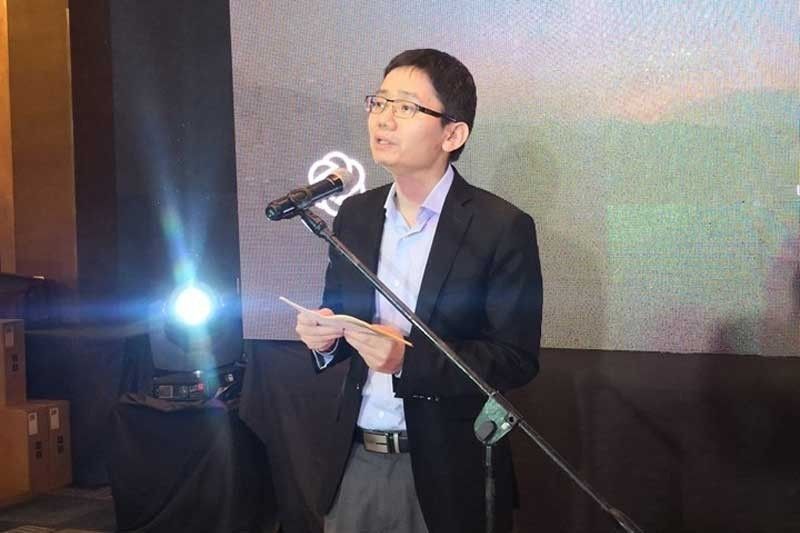China official allays fears of ‘debt trap’

MANILA, Philippines — China’s Belt and Road Initiative (BRI), of which the Philippines is one of the participating countries, is not a “debt trap” but “a pie for everyone to share,” according to a Chinese official.
“The guiding principle of the BRI is consultation and cooperation for shared benefits. All the cooperation projects are not imposed on anyone or designed to frame any other country,” Tan Qingsheng, deputy chief of mission, minister-counselor at the Embassy of China in the Philippines, said during the China-Philippines People-to-People Exchange and Economic Cooperation Forum in Pasay City.
“The so called China debt trap is completely groundless. The BRI is a pie for everyone to share, not a pitfall that hinders development,” he said.
According to Tan, the Philippines is an important developing country with great potentials and is a “natural partner” in building the BRI.
Launched in 2013, the BRI has now more than 160 countries and international organizations as signatories to cooperation agreements with China, Tan said.
The Philippines signed a memorandum of understanding with China on the BRI during Chinese President Xi Jinping’s visit to the country in November last year.
According to Tan, the total gross domestic product of the countries along the Belt and Road consists of 30 percent of the world GDP.
As of the end of 2018, a total of 734 sister cities have been established between China and countries along the BRI routes, he said.
“The BRI is a peaceful development platform, not a geopolitical tool. The BRI promotes open and inclusive economic cooperation. It is not aimed at excluding anyone or replacing any other mechanisms, still less forming an exclusive geopolitical alliance,” Tan said.
“China has no intention to seek any sphere of influence or gain any geopolitical advantages through the BRI,” he said.
- Latest
- Trending
























